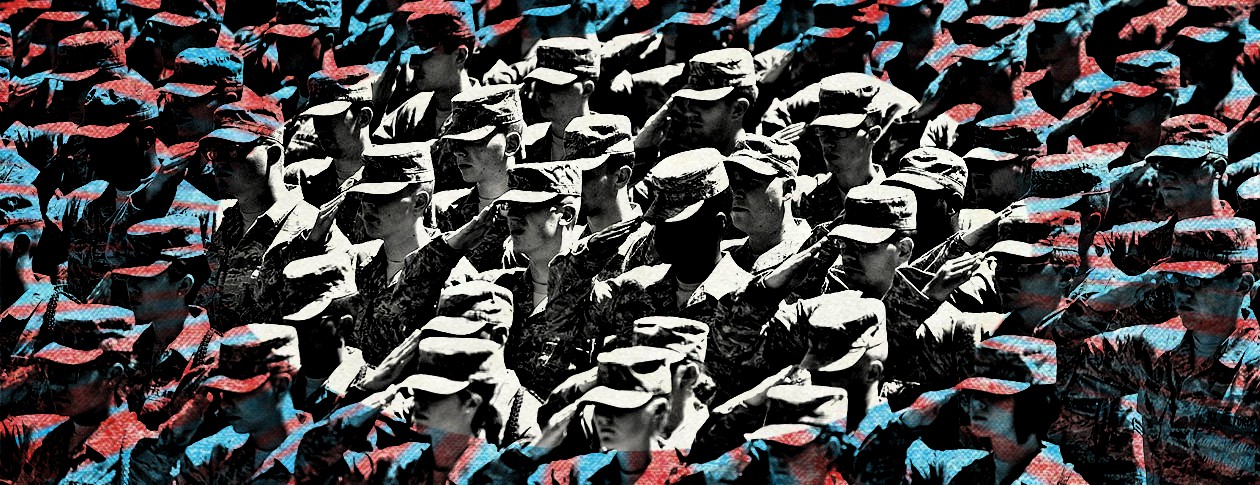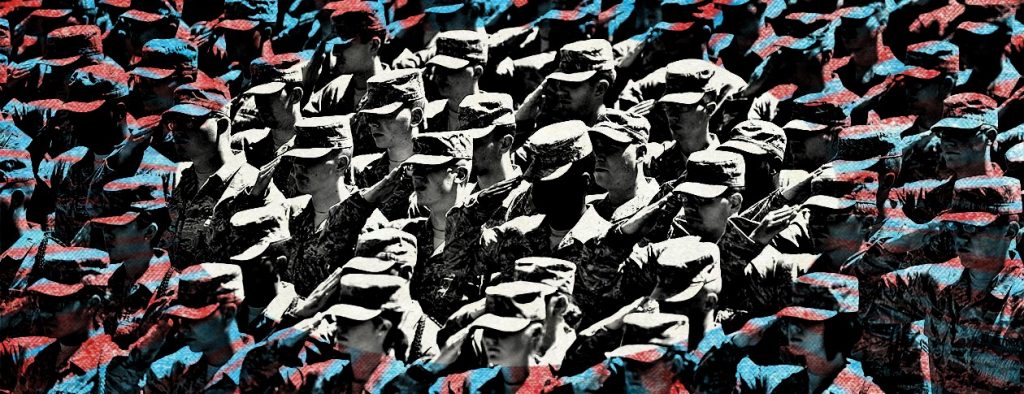Let’s be honest.
College students are zesty, quirky, charming, and inspiring. Sometimes, their appeal is a function of their age; young people in their late teens and early twenties are fueled by possibility, surefootedly clomping through their days, energized by the conviction that they are axes around which entire worlds spin. Other times, for students who are attacking college later in life, the appeal stems from their wry observations, hilarious tales of youth, unblinking awe that they have made it to The Big Show.
But let’s be honest.
College students are also scarf-trailing messes that galumph into the classroom twenty minutes late, no apology on the tongue, spilling their coffee as they interrupt the teacher with their exclamations of “FUCK! Does anyone have a paper towel?” Others get to class on time and promptly drop chin to chest and begin drooling. Some walk into the room, up to the teacher, and explain why they can’t stay past the first ten minutes. Many others can’t get to class at all because — because, because, because — because “My car has a flat tire, and my dad isn’t home to fix it” because “My girlfriend’s mom needs help moving” because “I got in a car accident and need to figure out my insurance” because “I’m going mountain biking in Moab for a week” because “I looked at my girlfriend’s phone, and she’s been hooking up with another guy, so I need to move out, like, right now” because “I have a migraine” because “I have to tell my parents I’m pregnant” because “My sister wants me to take her kid so she can go visit her friend who just had a baby” because “I have some things to do at home” because “I was sleeping” because “I have to go to work” because “I’m going on a cruise with my family” because “My car got broken into” because “I missed the bus” because “I have to go to court” because “I have to watch my little brothers.”
Each excuse has logic for the individual in question. Their need outweighs the demand of class.
Piled on on top of each other, as they are for the instructor who receives them, the excuses are — let’s be honest — tiring.
Each student with an excuse, each student who misses class, also asks, “So what should I do…” or “Can I turn in _____ next time?” or “What did I miss?” or “Can you call me back?” or “Do you have the handouts from last time?”
Already, I have spent hours making the assignments digitally accessible. Already, I have explained my attendance policy, which allows everyone some “freebie” absences but which stresses No Make-up Work once students have used up their freebies. Despite the hours I’ve put into handling the inevitable excuses, the clamor persists. “So what should I do…” and “Can I turn in ______ next time?” and “What did I miss?” and “Can you call me back?” and “Do you have the handouts from last time?”
135 students. One teacher. They are zesty, quirking, charming, and inspiring. But they. are. messy. Tiring.
Except.
At the start of every semester, I feel my heart lift during those golden first days, when everyone is nervous and daren’t make excuses, when everyone is fully committed to doing well, when we work on breaking the ice and getting to know each other.
My heart lifts during class introductions whenever I hear words like
“I was in the Marines for ten years”
“I served in Afghanistan”
“I did three tours”
“I’m a veteran”
Because let’s be honest.
Certainly, many vets are messy. PTSD is horrific, life-plaguing stuff. Beyond that, their time in service often has wrecked marriages, caused estrangements with children. Some live in chronic pain or with permanent disabilities. Their lives are not easy.
Yet they lift my heart, there in the college classroom. To a one, they bring wry observations, hilarious tales of youth, unblinking awe — despite all they’ve seen already — that they have made it to The Big Show. But that’s not why they lift me.
During those introductory days, when I discover a student is a veteran, I know a few things immediately.
This student will not miss class. If she does, it will be once, and there will be an impressive reason.
This student will not tromp in late.
This student will not tell the teacher he has to leave early.
This student will have his work done when it’s due.
This student will be respectful.
This student will know how to show up for her classmates, whether it be having extra notebook paper or a willingness to put in extra time peer reviewing a paper.
This student will be someone the teacher mentally catalogs, noting: “If we have a crisis, I am calling on you to run for help, find the fire extinguisher, pull the shades, put pressure on the wound, or block the door with a barrier of tables and chairs.”
This student will view education as an earned opportunity, not a burden.
Let’s be honest.
Veterans are just people, like their classmates. They, too, have flat tires, cheating girlfriends, and things to do at home. Like their peers, they were raised with abuse, neglect, abandonment, poverty, and violence.
However, thanks to the military, they’ve learned to handle all the things. The discipline they acquired during their service carries into the rest of their lives, splitting wide open the tired, tired hearts of their fortunate teachers every single day when they are in their seats on time, homework done, eyes on the podium.
It is our tradition in this country to vaunt veterans with high-flown rhetoric (“We are free today thanks to you“) alternating with mechanical parroting of “Thank you for your service.”
For me, gratitude towards veterans should be neither high-flown nor mechanical; it’s better if the gratitude is alive and nuanced. For me, my gratitude is grounded in a deep fatigue so often relieved only by the men and women who allowed their messy selves to find shape in boot camp, in sandy outposts, in running long miles with heavy packs, in salutes to superiors, in clutching a buddy’s dog tags.
I hate holidays.
But today, I find myself slowing, wanting to say to all the veterans who enter our college classrooms:
I profoundly appreciate all that you bring. You lift the room.



Leave a Reply